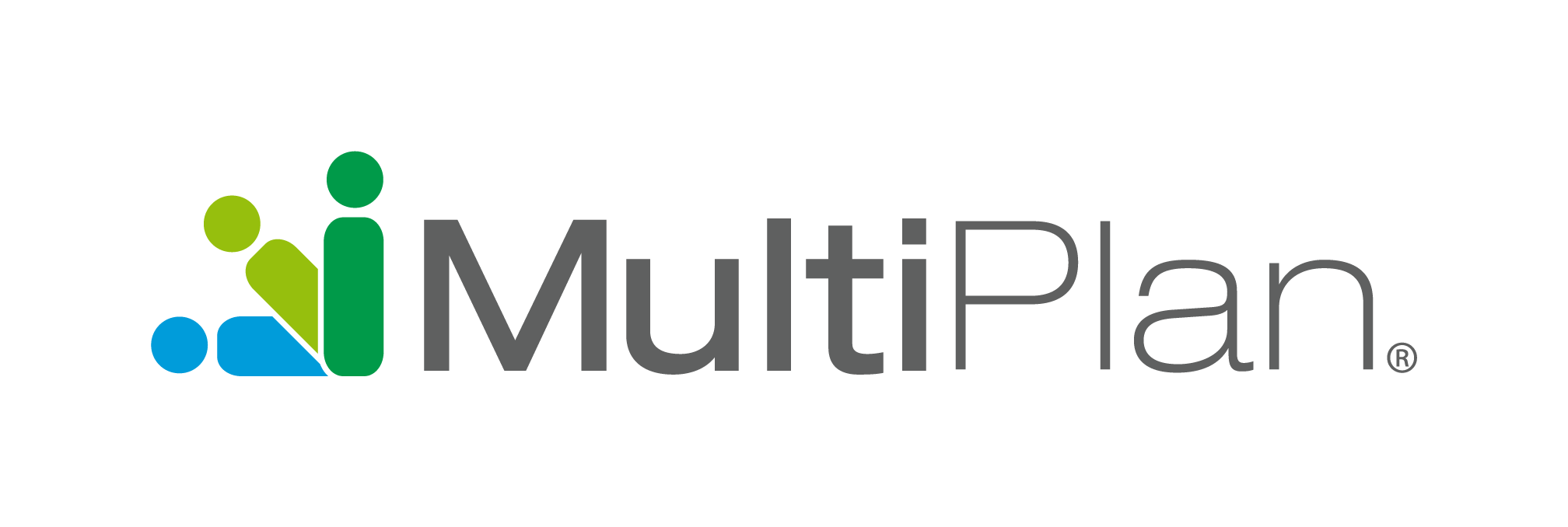Some have predicted the passage of the No Surprises Act in late December 2020 is bad news for reference-based pricing. MultiPlan believes the potential negative impact on reference-based pricing has been greatly exaggerated.
Reference-based pricing helps keep healthcare costs down
Everyone is talking about the No Surprises Act and transparency, but we’re dancing around the issue, said Ryan Day, President of HST, a MultiPlan company. We have to address the elephant in the room. Healthcare prices have been increasing for years, and they continue to climb. That’s not sustainable. We have to look at new ways of purchasing healthcare, and we need to make it more affordable. Reference-based pricing does that.
Not all claims are impacted by the NSA
The NSA will impact only a small percentage of claims repriced with reference-based pricing because much of what the act targets are claims under plans that use a network. Most reference-based pricing plans have limited network access.
According to Colleen Dempewolf, Director, Strategic Product Development at MultiPlan, in the July Interim Final Rule, regulators mention indemnity plans with no facility network and confirm our thinking that plans like our Value-Driven Health Plan design that don’t include facility network access will have surprise bill protections limited, for the most part, to emergency and air ambulance claims. The rule does also clarify that any ad hoc agreement between the plan and facility would be considered as a contracted facility for purposes of identifying surprise bills. So some reference-based pricing plans may have greater impact where these agreements exist.
As for the other type of claims that the NSA addresses — basically non-emergency services delivered out-of-network at an in-network facility — plans that use reference-based pricing can continue to pay the claims exactly as they always have.
It’s important to understand that the No Surprises Act doesn’t prescribe how the plan pays the provider initially, only that the member can’t be balance billed, Dempewolf said. Instead of balance billing the patient, the provider and plan need to reach an agreement on the payment amount or take the case to arbitration. This means the plan can continue to reimburse surprise bills using the current reference-based price. Any disagreement would be handled in the same manner it is today, except instead of the member starting the process by reporting a balance bill, the process starts with the provider rejecting the plan’s initial reimbursement.
Reference-based pricing vendors have experience negotiating
If the provider doesn’t accept the initial payment, the plan and provider have thirty days to negotiate a settlement. If they can’t reach an agreement, the case goes through an Independent Dispute Resolution (IDR) process. Here, both parties submit their final offer and an arbitrator will decide which one to accept.
Reference-based pricing vendors like HST have experience with balance billing that networks typically don’t, and this experience may give them an advantage in helping health plans avoid arbitration.
We don’t want members to be balance billed, Day said. So we take steps ahead of time to prevent it.
The proactive procedures HST uses include pre-pricing claims, offering tools that providers can use to establish pricing ahead of services, and giving tools to members so they can see which providers accept reference-based pricing before scheduling care.
HST’s proactive measures work. They experience less than 2% pushback from providers on their original pricing. The rare times providers don’t accept HST’s prices, the company turns to its analytics and data to negotiate settlements with providers.
We are well equipped to handle The No Surprises Act’s requirement to negotiate, as HST already has the ability to negotiate claims and has a plan for when providers don’t accept our price. HST also already has the analytics and tools to determine what other people are paying for that service at other hospitals, Day said
The NSA will have minimal impact on pricing based on Medicare
Medicare is often a reference that reference-based pricing vendors use to price a claim, pricing at a certain percentage above the Medicare rate. Some expect this percentage will have to increase sharply because of the No Surprises Act, and this increase will erode savings generated from reference-based pricing. HST analyzed the impact of the No Surprises Act on its book of business and found it to be minimal. In addition to the low claim volume, providers haven’t historically pushed back on the percentage of Medicare that HST uses to reprice claims.
We don’t see a lot of appeals from providers, even those that are surprise billers, Day said.
Still Day does expect plans that use reference-based pricing will have to adjust some reimbursements on the physician side. We believe there will be a few higher rates on some emergency bills, but nothing substantial enough to water down the savings of RBP vendors, he said.
Nevertheless, he does suggest that plans adopt language that allows them to go above and beyond their normal limits on Medicare plus pricing.
They’ll need some latitude to play, either during pricing or when negotiating afterward, within the ballpark of the QPA, he said.
Reference-based pricing is here to stay
According to a CNBC article in 2019 before the COVID-19 pandemic, high health-care bills were the number one reason people considered taking money out of their retirement accounts or filing for bankruptcy. CNBC also quotes a study from academic researchers that finds 66.5 percent of all bankruptcies are tied to medical issues. While the No Surprises Act was passed to protect patients from devastating healthcare bills, the overall issue is that healthcare needs to be more affordable and reference-based pricing makes healthcare more affordable. It’s here to stay.
Learn how MultiPlan’s Surprise Billing Service can help you comply with requirements of the No Surprises Act.
Reference
https://www.cnbc.com/2019/02/11/this-is-the-real-reason-most-americans-file-for-bankruptcy.html

